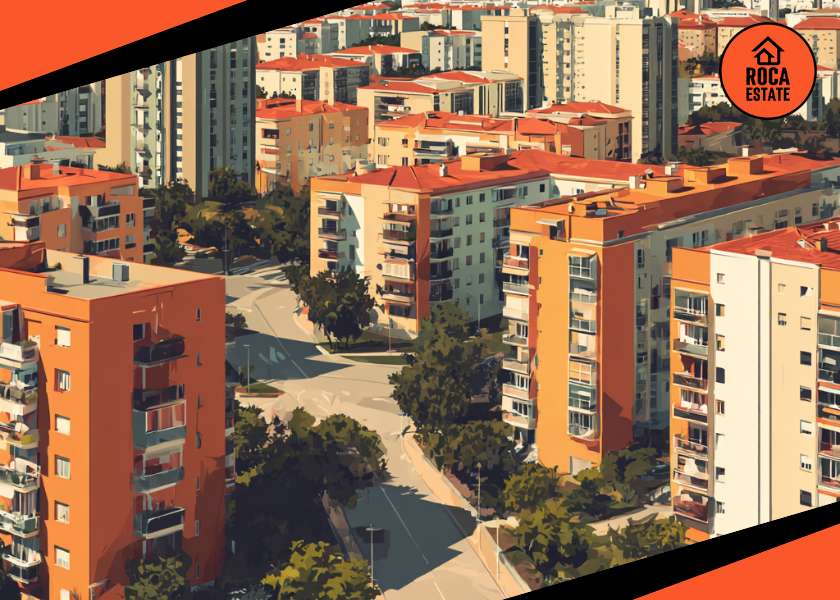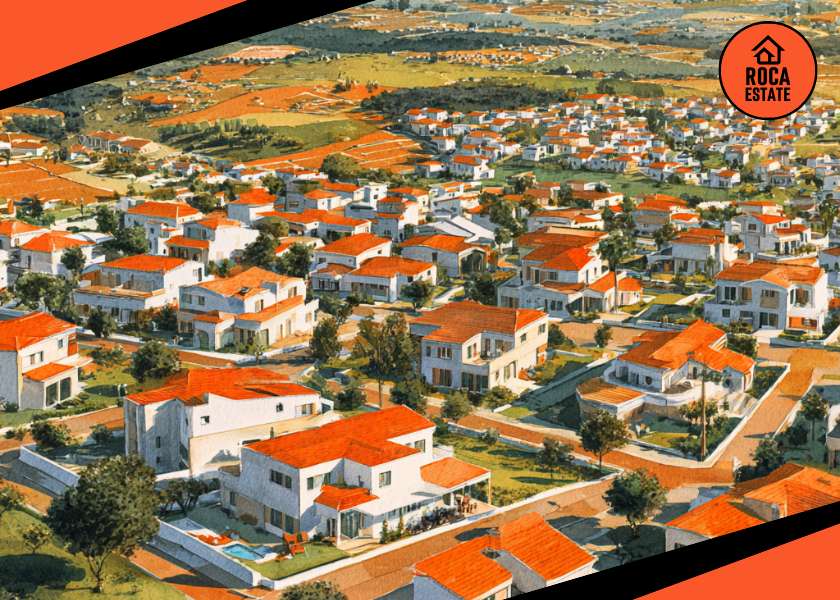In a recent report from Eurostat, Portugal emerged as the second country in the European Union with the highest growth in property prices during Q3 2024, marking an increase of 3.6% compared to the previous quarter and an impressive 9.5% year-over-year. While Portugal’s performance highlights its strength as a real estate market, it is important to place this growth within the broader context of the European real estate landscape.
Portugal and the Broader European Real Estate Market
Portugal’s significant growth places it just behind Croatia, which experienced the highest year-over-year property price increase in the EU, at 11.2%. This demonstrates that while Portugal is a standout performer, other markets in Europe are also witnessing notable growth. Conversely, at the lower end of the spectrum, Germany saw property prices decline by 3.8% year-over-year, reflecting divergent trends across the EU and emphasizing the importance of market-specific analysis for investors.
Countries such as Lithuania and Slovenia also reported robust price increases, with year-over-year growth rates of 7.3% and 6.8%, respectively. These figures highlight a sustained appetite for property investment across diverse European regions, albeit with significant variation in growth rates driven by local economic conditions, supply-demand imbalances, and regulatory environments.
Key Drivers of Growth in Portugal
Portugal’s rise to prominence in the real estate sector can be attributed to several interrelated factors:
- Economic Resilience and Growth: Despite global economic uncertainties, Portugal has demonstrated consistent economic stability. Key sectors such as tourism, technology, and green energy have contributed to GDP growth, fostering an environment conducive to real estate investment.
- Demand Dynamics: Portugal’s real estate market continues to benefit from strong demand, driven by international buyers attracted by the Golden Visa program, favorable tax regimes for foreign residents, and the appeal of Portugal’s high quality of life. Simultaneously, domestic demand has risen as wage growth and employment rates improve.
- Supply Constraints: Housing supply in key urban centers such as Lisbon and Porto remains limited, with construction activity struggling to meet demand. This imbalance has been a critical driver of price appreciation and underpins the market’s long-term potential for sustained growth.
- Global Appeal: Portugal’s strategic location, mild climate, and cultural heritage make it a sought-after destination for expatriates and retirees. The country’s stable political environment and membership in the EU further enhance its attractiveness to international investors.
Opportunities and Risks for Investors
Investors considering the Portuguese market should weigh the opportunities against potential risks:
- Opportunities:
- High rental yields in urban areas, particularly in the short-term rental market.
- Diversification potential by investing in regions with growing demand, such as the Algarve, and emerging areas like Braga.
- Appreciation of property values is driven by strong demand and limited supply.
- Risks:
- Potential regulatory changes, particularly around foreign ownership and short-term rentals, as local governments address housing affordability issues.
- Inflationary pressures and rising interest rates, which could impact financing costs and overall returns.
A Strategic Approach to Capitalizing on Portugal’s Real Estate Growth
The data underscores Portugal’s rising prominence in the European real estate market, characterized by resilient growth, strong demand, and high investor interest. For real estate investors, the country represents a strategic opportunity to diversify portfolios and achieve substantial returns. However, success in this market requires a nuanced approach:
- Focus on Urban and High-Demand Areas: Prioritize investments in urban hubs like Lisbon and Porto, where demand remains robust and infrastructure development is ongoing. Secondary cities with growing economic activity can also present high-growth potential.
- Monitor Regulatory Developments: Stay informed about local policies affecting property taxes, rental regulations, and foreign ownership rules to mitigate potential risks.
- Leverage Professional Expertise: Engage with local real estate experts, legal advisors, and market analysts to navigate the complexities of the Portuguese real estate landscape effectively.
Portugal’s real estate market is not only a reflection of the country’s economic resilience but also a testament to its global appeal as a destination for investment and lifestyle. By aligning investments with market dynamics and maintaining a strategic perspective, investors can unlock significant opportunities in one of Europe’s fastest-growing real estate markets.
As property prices in Portugal continue to rise, choosing the right partner is key to securing the best investments in Portugal. Learn how Roca Estate helps investors navigate the market with data-driven insights, strategic guidance, and exclusive access to high-potential assets.




































































































